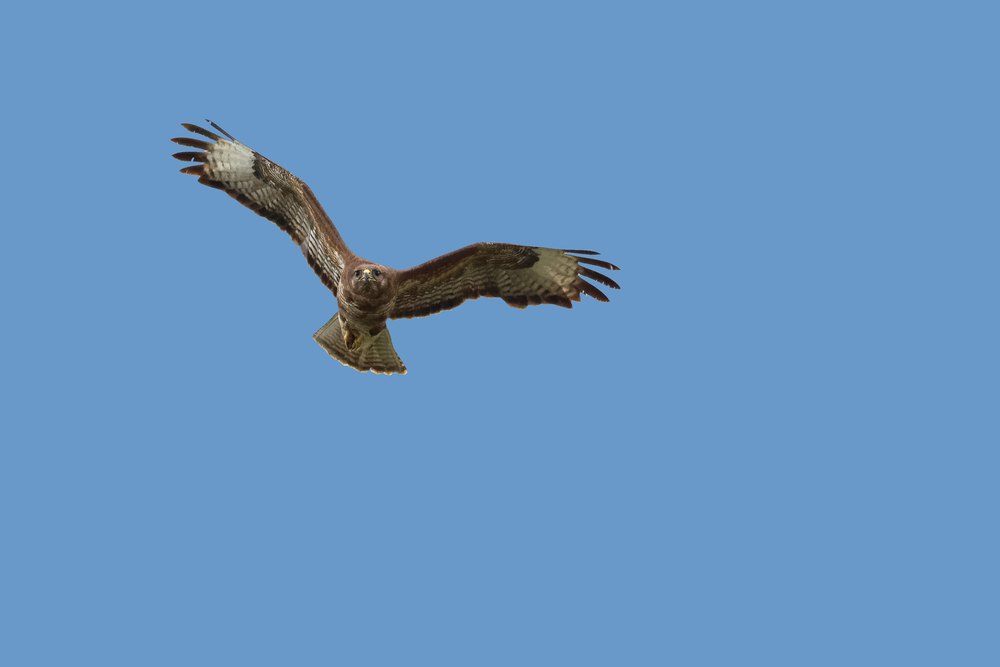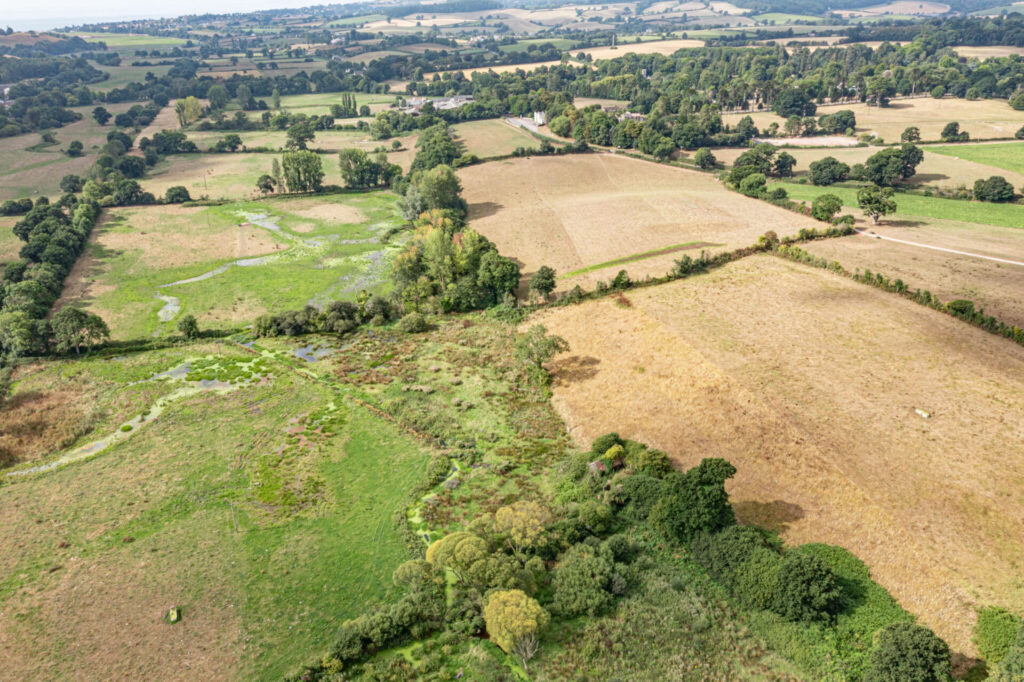Should we be rethinking wildlife protection, asks Andrew Livingston, as we attempt to balance biodiversity in the UK’s struggling ecosystems

n last months edition of the BV Magazine I reported on the news of Paul Allen’s arrest and sentencing for rural and wildlife offences, in connection with raptors on the Shaftesbury Estate. (Dorset one of worst counties for raptor persecution, says RSPB, after poisoned birds are found – Apr 23). The article sparked a great debate online (see the post and all comments here) –but I was surprised to see no mention of human interference in the food chain.
The killing of raptors is against the law, therefore Paul Allen’s actions were illegal.
But at some point the law is going to have to be revisited. Even 30 years ago, the sight of a buzzard was a rare occurrence; today the breed dominates the skies over rural Dorset.
Nationally red kites and eagles are rarer, but red kite numbers have risen substantially in recent years. They all hunt and eat the same foods – foods that include our beloved hedgehog, whose other main predator is the badger (yet another protected species in the UK).Every intervention – or non intervention – has a direct effect on the sensitive ecosystems in our rural areas.
The worst thing we ever did was to get involved! Unfortunately, proponents for banning the persecution of animals don’t appear to understand the law of unintended consequences.
In 1975 Sam Peltzman from the University of Chicago conducted a study into car safety in the US. In the states that passed the seat belt legislation there was an increase in the rates of traffic accidents. Because people felt safer, they drove just a little more recklessly. The unintended consequence of a safety law was more dangerous driving.
Build the habitats
If we focus on protecting certain animals in our countryside, we can unintentionally reduce the biodiversity. Top predator numbers will naturally get stronger and they can begin to decimate the lower rungs of the food chain, creating an imbalance which has a ripple effect throughout the carefully balance ecosystem
To encourage biodiversity we need to focus on building the habitats for animals to thrive.
Rather than species protection, we should aim to grow biodiversity from the bottom of the food chain. This then supports the entire food chain up to the top predators.
Unfortunately the bottom of the food chain is rarely populated by the beautiful ones.

The beaver issue
Reintroducing animals that haven’t existed in an ecosystem for decades or centuries can also carry the risks of unintended consequences. Since 2008 there has been a programme to reintroduce beavers to various parts of the UK. Now there are thought to be hundreds of Eurasian beavers living wild in England, mostly here in the south west. It is hoped that their natural activities of digging, chewing through trees and building large pools of water will improve struggling ecosystems, restore vanishing wetland habitats, and support increased biodiversity.
The image, right, was taken last summer at the height of the drought on the Clinton Devon Estates. Beavers had created several dams, and it was fantastic for local wildlife. The new wetland also brings flood prevention benefits and increased carbon capture.
However, a 2021 Natural England report suggested that reintroduced beavers may introduce new or previously eradicated parasites, or they may establish new transmission routes for the infection of humans, domesticated livestock and existing wildlife.
I admit I don’t have all the answers … in fact I don’t think I have any answers.
What I do know, however, is that the more we try to help, the worse it all seems to get.
Sponsored by Trethowans – Law as it should be



